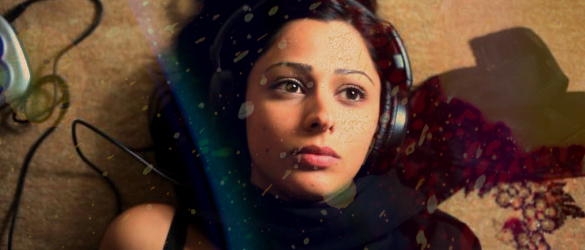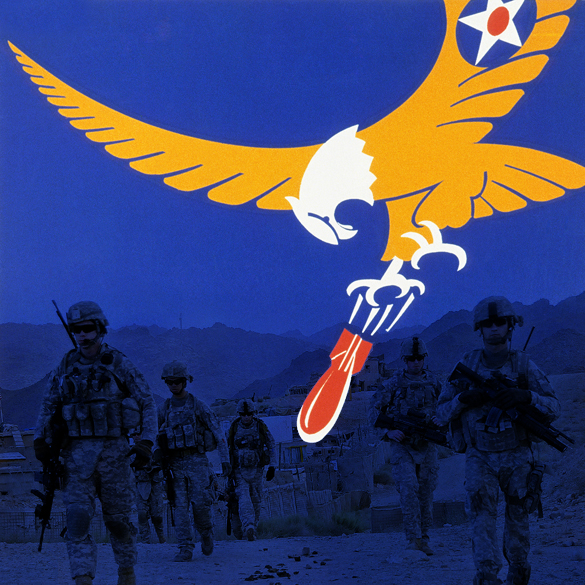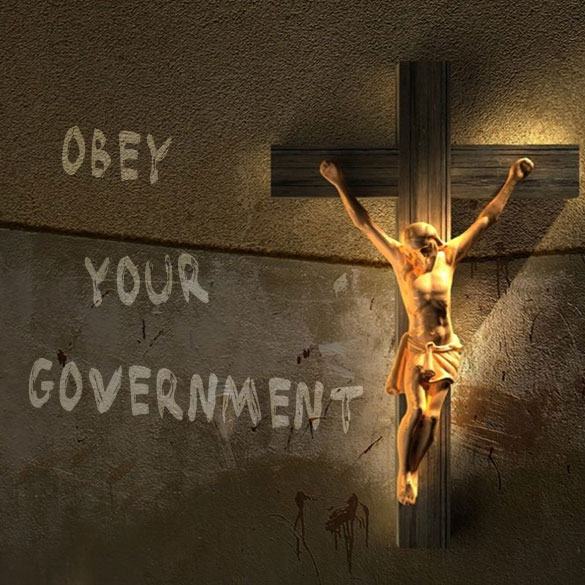Maury Hall, University of Virginia, Charlottesville, VA, USA
“Please stay for the whole film,” implored Susan Youssef in front of a decidedly not-crowded Maury Hall. I still had another piece of the free pizza I had come for on my plate, so I, for one, was prepared to stay. Then, the American born, Arabic speaking Dutch national (and U.Va. alumna) who wrote and directed Habibi, began to introduce her film. She listed all the awards the film had received, all the selective film festivals it had been selected for, and then went into how the film was made, how she had accumulated “a file” with the Israeli government, how she had fallen in love in Palestine with another filmmaker. She spoke excitedly in a nonlinear fashion, as if she herself had just discovered her film’s story. My pizza was gone by the time the lecture hall’s fluorescent lights went out for the movie to start, but I had no intention of leaving.
The full name of the film is Habibi Rasak Kharba, Arabic for “Darling, there is something wrong with my head,” and as Youssef told us before the film, it is a retelling of the classic Arabic parable, Layla o Majnun. It’s a story which shares roots with Shakespeare’s Romeo and Juliet, and deals with the same problem: two lovers kept apart by familial and societal constraints. In Habibi’s version, the poet Qays and his beautiful lover, Layla, meet at college and fall in love taking literature classes, before they’re forced to return home to the Gaza Strip. Qays leads the life of a starving artist, writing and working in construction. He takes to spray-painting love poetry on the city walls and buildings to communicate with her, and Layla’s family takes this as a sign of insanity. They ban her from seeing him, and try to set her up with a well-adjusted doctor. Strife ensues.
The story’s barest plot may have been familiar to the audience in Maury Hall, but the same could not be said for the setting. To put it mildly, Palestine and its occupation by Israel are not discussed on a daily basis here in Charlottesville. I, for instance, knew that they were in conflict with Israel, but mostly accepted the narrative that the conflict was irresolvable and ancient, so there was no point in worrying myself. When Youssef told us that it was set in the Gaza Strip but shot in the West Bank, that meant almost nothing to me.
As I have learned though, those two Palestinian territories have stark geographical differences; the Gaza Strip is flat, the West Bank mountainous. Thus Habibi contains almost no wide outdoor shots so as to aid the less ignorant viewer in suspending their disbelief. The abundance of close shots creates an intimate feel that’s almost suffocating when the drama peaks.
I say that even having seen the film on a too-small, 4:3 aspect projector that was designed to put statistics formulas on the wall. Even with that less-than-ideal setup, the characters take up much more space in the frame than the setting. People overwhelm place in Habibi’s visual grammar, and setting becomes an afterthought to my emotional concern for the characters.
This amounts to a brilliantly full employment of the medium of film, allowing the viewer to forget about politics, place and religion to exclusively focus on how all those things affect the characters on screen. Their place of visual prominence allows the film to relentlessly empathize with the characters, showing each in moments of internal conflict. The father struggles to balance what he believes to be best for Layla with what she wants to do, and she in turn is shown juggling her regard for family and love for Qays. Even the myopic western viewer, such as myself, who knows nothing of Palestinian social norms, can empathize. The movie shows where the norms come from emotionally, and why they continue to exist, instead of dismissing them out of hand as wrong. In doing so, Habibi portrays them as humans in extreme conditions rather than as humans who are inherently different.
So when Layla’s brother joins Hamas, my reaction was not simply to recoil and label him a terrorist or radical conservative; instead, I felt deep anguish and wished he had not gone down that road, though I knew he only turned in that direction when his grief resulting from the death of a close friend seemed insurmountable.
As she explained in the Q&A session, Habibi took ten years to make its way into existence. The film was shot without Israeli permission in the West Bank. It is in fact the first fictional film from Palestine in years, and remarkably Youssef refused to take Israeli or European money in order to preserve the film’s identity as a truly independent, truly Palestinian film.
“My husband and I chose not to have children,” she told me after the showing. “I have gained a very passionate, smaller following versus a very mild, mainstream following. Paradise Now has a very mild, mainstream following. People like it they don’t love it, and I feel like people love my film.”
She expresses a very important point about why this film’s financial independence mattered so much to the end product. Had she worked with a major producer from England or France, as she said she had the opportunity to do, they would have made it by definition not entirely hers. They would have tainted the rendering of these characters which come directly out of Youssef’s experience, which no doubt is part of the reason why these characters felt so very real even on that crummy projector.
Before the film came to Charlottesville, it showed at Henderson State University in Arkadelphia, Arkansas, where students apparently left while the film was still running. That college students would leave an art-house movie early seemed almost expected to me, but this deeply offended Youssef. Even after being the only film selected for both the prestigious Venice and Toronto film festivals, she still cared immensely that some undergrads in Arkansas would leave early.
A poet told me the other day, sitting across from me in a tastefully designed lobby, “I gave up on purity a long time ago.” It wasn’t a comment that I rejected, but it’s defeating to hear that from a poet. Youssef’s film and the continuing story of Habibi itself offer a glimmer of hope to anyone who questions the existence of brave artists who create what they feel must be created. Much as Qays loves not the walls he writes on, but Layla, Youssef loves not film, but its capacity to convey love itself. May the world offer her its most visible walls.
I pass by these walls, the walls of Layla
And I kiss this wall and that wall.
It’s not Love of the houses that has taken my heart
But of the One who dwells in those houses.
EDIT [4.4.12]: I exchanged emails with Susan Youssef shortly after this was published, and felt the need to add this post script to make clear a few points that my original article failed to make or unintentionally misrepresented. One sentence which implied Youssef was antagonistic towards the 2005 film Paradise Now was changed to reflect the attitude you see below. From the director:


